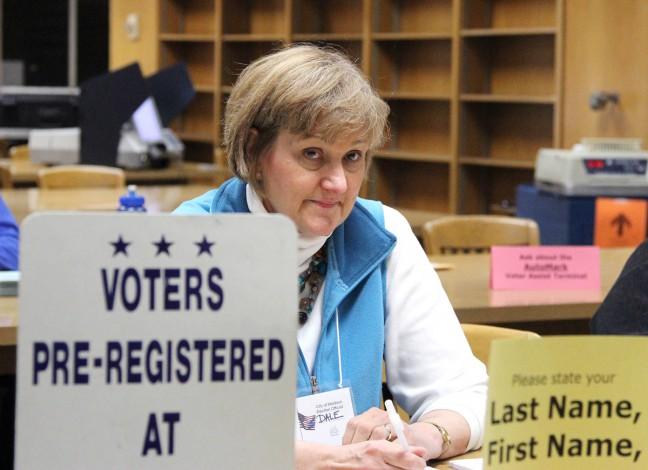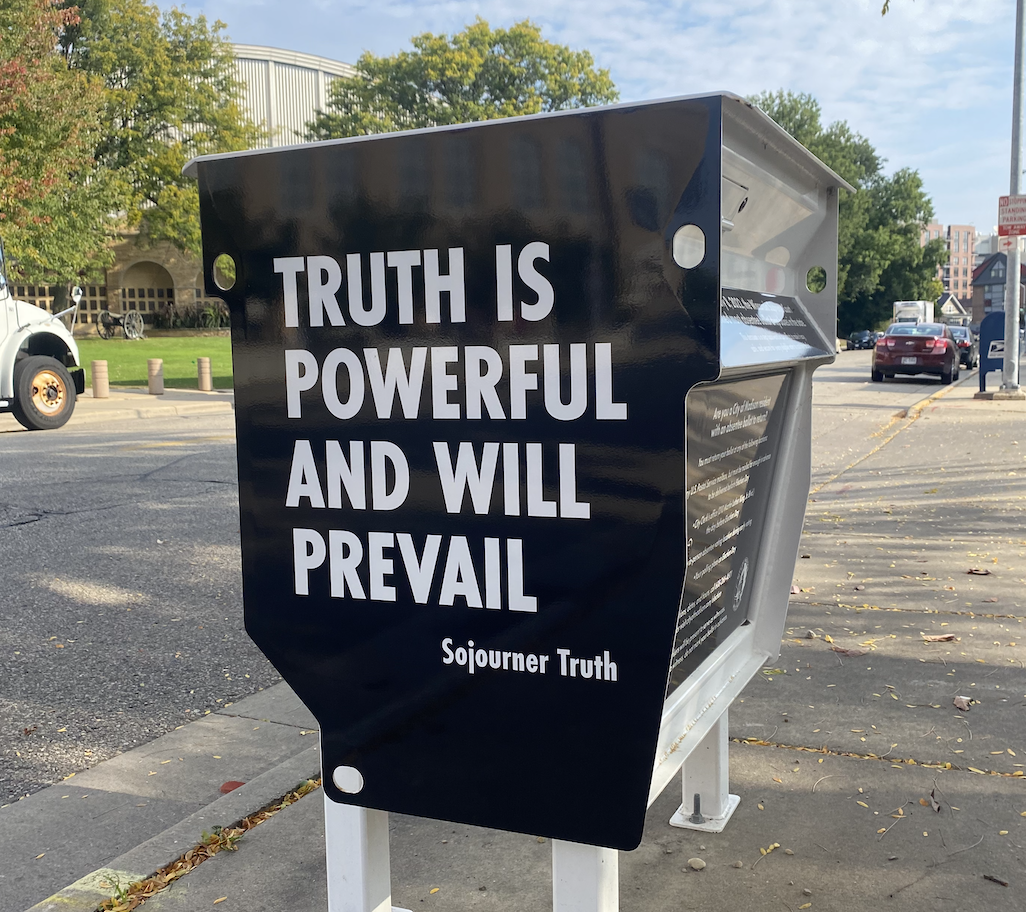Voting in free and fair elections is a cornerstone of today’s version of the American democracy. While voting rights certainly didn’t extend outside white, male landowners when the democratic experiment was written into existence in the Constitution and the Bill of Rights, as this country has grown, expanded and modernized, so too has the number and scope of people allowed to elect their political officials.
As part of the restructuring of the south following the Civil War, the 15th amendment granted African American men to vote. In 1920, women were granted the same right by the 19th amendment after extensive lobbying for a right they deserved equally as much as their male counterparts.
Fast-forward to the 21st century, and voting turnouts are despicably low, with the national turnout rate slightly more than 58 percent for the 2016 presidential election. At least 19 states saw a decrease in voter turnout in 2016, a statistic antithetical to previous data showing an increase in voter turnout in presidential races where no incumbent is on the ballot. So, either 42 percent of Americans are disillusioned enough with American politics and the electoral process to abstain from exercising a right so desperately sought after in other parts of the world, or there is something else at play here.
Enter Republican-sanctioned voter ID laws.
As of the 2016 presidential election, 32 states now require some form of voter identification laws. Of these 32 states, seven states require the presentation of a photo identification at the polls in order to cast a ballot. Six states, Wisconsin included, have come under fire in both the judicial system as well as in the public eye for voter ID laws that are thought by some to discriminate against minority groups, making it disproportionately harder for them to exercise their right to vote.
The Wisconsin Voter ID law was enacted by Scott Walker and Wisconsin Republicans in 2011. To vote, people are required to produce either a valid driver’s license, a passport or naturalization certificate, among several other relatively unusual and expensive forms of identification. Immediately, the law sparked outrage from individuals and organizations such as the ACLU, and in April 2014, following a lawsuit filed by the ACLU, a district court ruled the law was unconstitutional.
However, just six months later, the lower court’s decision was overturned by the Court of Appeals, meaning the law was back in business, deemed constitutional. A federal appeals court, in 2016, blocked lower courts in Wisconsin from allowing voters to cast ballots without proper photo identification, allowing the law to be in enforcement for the 2016 election. In early 2017, the same federal appeals court heard arguments in the case Frank v. Walker, the official lawsuit against Wisconsin’s voter ID law.
Scott Walker and Wisconsin Republicans argue that more stringent voter ID laws will protect Wisconsin elections from voter fraud that ultimately causes voters to feel as though their legal votes are being negated by votes cast illegally.
“Our administration will continue to work to make it easy to vote and hard to cheat,” said Walker.
Voter fraud is a thinly veiled excuse for enacting laws that blatantly aim to disenfranchise minority communities and people of lower socioeconomic status. Voter fraud affects less than one-tenth of a percent nationally, with just four cases of fraud detected in the 2016 election, amounting to 0.000002 percent of all ballots cast. In Wisconsin’s 2004 election, one of the most hotly debated in the state’s history, there were only seven substantiated cases of voter fraud or 0.0002 percent of all ballots cast in the election. According to the Brennan Center study, “The Truth about Voter Fraud”, not a single one of the seven illegal votes cast would have been preventable had there been voter ID laws in place.
What is really motivating the Republicans’ insatiable push towards stricter voter ID laws?
While Republicans repeatedly claim that not a single person will be disenfranchised because of stricter voting laws, the laws demand identification that is both difficult and expensive to obtain. In Milwaukee, the 2016 election saw a 41,000 vote decrease in comparison with the 2012 election. One of the most segregated cities in the country, Milwaukee saw a particular decrease in voter turnout in four districts with the most “transient, high poverty” levels.
For those who are unable to afford a new form of ID, or who are unable to take off of work to register for one because of the inflexibility of hourly jobs, voting becomes more of a hassle than a positive experience granting someone the chance to influence the outcome of an election.
A new study coming out of the University of California San Diego has successfully shown that “strict photo identification laws have a differentially negative impact on the turnout of Hispanics, Blacks, and mixed-race Americans in primaries and general elections.”
This same study found that, in states with strict photo ID laws, the turnout gap between whites and Latinos doubled in general elections, and the black-white gap almost doubled in primary elections. These findings can help explain the drastically lower turnout rate in Milwaukee in 2016, as the strict ID laws directly targeted minority communities in districts that were already socioeconomically disadvantaged.
Research coming out of the University of Wisconsin found that in Dane and Milwaukee counties, 11.2 percent of voters were discouraged from voting. These two counties, both predominantly Democratic voting areas, also happen to be two of the most densely populated areas of Wisconsin, therefore retaining the ability to color the state either blue or red. The study finds that 80 percent of the discouraged voters had voted in the 2012 election and that dissuasion from voting because of stricter laws largely was pointed at black and poor communities.
What we have in Wisconsin right now is a set of voter ID laws that have been proven by multiple studies to disproportionately disenfranchise minority and socioeconomically disadvantaged communities.
With Republicans controlling the government, this directly benefits them, as minorities tend to vote democratically and are increasingly becoming a more represented and influential section of the American electorate. With voter ID laws in effect even while held up in courts, Republicans effectively silence the vote of thousands of minorities who are unable to afford or obtain new IDs or are discouraged from voting in the first place either by people at the polls, in their communities or simply because of the law.
Last time I checked, this is not the 1950s, and discrimination is illegal. A political party that uses its unchecked control of a state’s legislature to craft blatantly discriminatory laws is a party that can never claim to uphold the sanctity of the American democracy, claim to care for its constituents or claim that it works in the interests of the people.
The color of one’s skin or the amount of money saved in a bank is not grounds for the revocation of a right.
Aly Niehans ([email protected]) is a sophomore majoring in international studies and intending to major in journalism.














